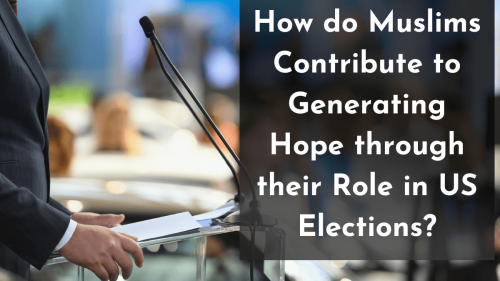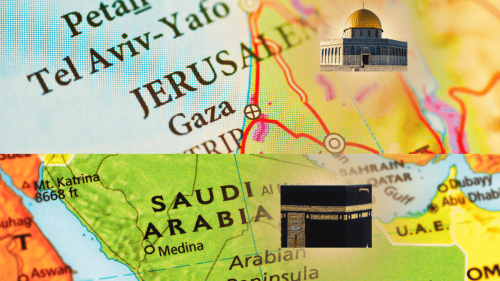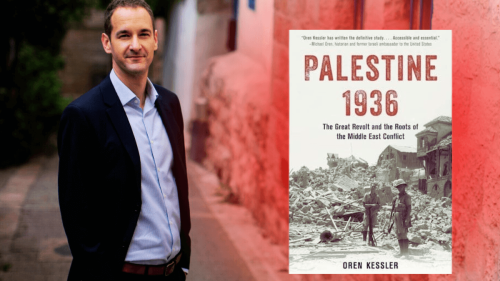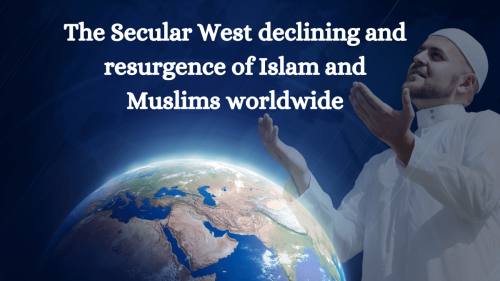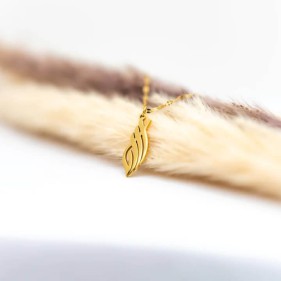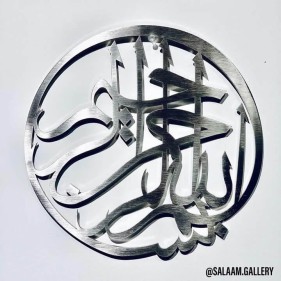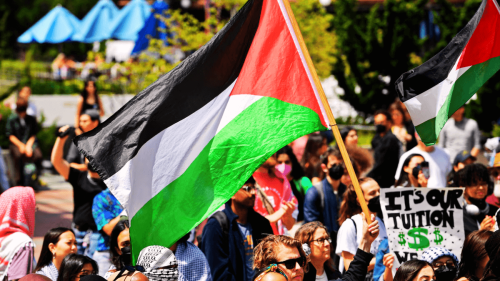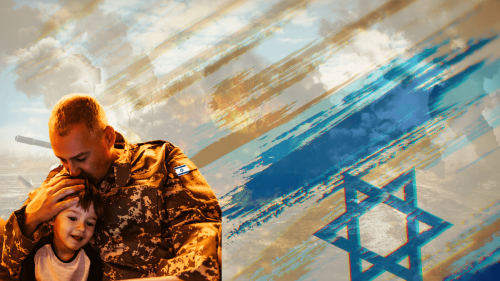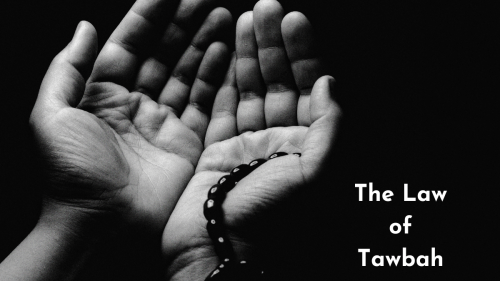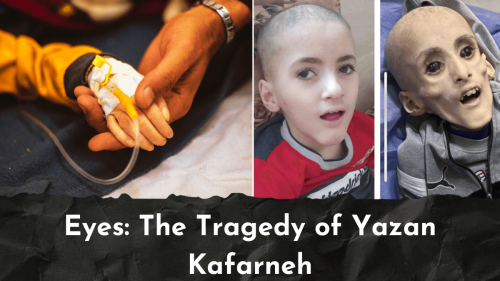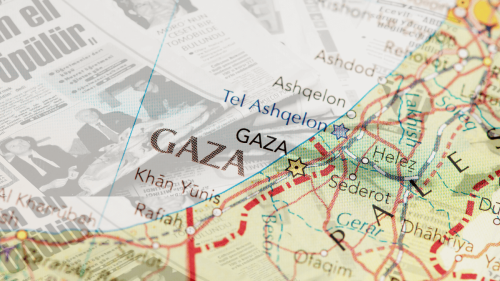Services
Highlights
Quran 10:47
News Around the World
WORLD AFFAIRS
THECRADLE.CO
To Israel’s horror, Hamas brings ‘two-state solution’ back into focus
WORLD AFFAIRS
MIDDLEEASTEYE.NET
Turkey halts all trade with Israel over war
WORLD AFFAIRS
MIDDLEEASTMONITOR.COM
Saudi arresting critics of Israel as normalisation talks continue
WORLD AFFAIRS
ALJAZEERA.COM
Gaza will need largest post-war reconstruction effort since 1945, UN says
WORLD AFFAIRS
MONDOWEISS.NET
Gaza’s collapsing health system is one of the goals of Israel’s genocide
WORLD AFFAIRS
COMMONDREAMS.ORG
The world is watching: UCLA complicit in the violence against its own students
WORLD AFFAIRS
REUTERS.COM
In pictures: Police storm UCLA protest encampment
WORLD AFFAIRS
ALJAZEERA.COM
Riot police dismantle peaceful pro-Palestinian protest at UCLA
MIDDLE-EAST
ZAWYA.COM
Islamic Development Bank and KSrelief join forces to support refugees worldwide
NATURE & SCIENCE
KYGO.COM
Denver Museum of Nature & Science revamps popular exhibit
WOMEN
ABOUTISLAM.NET
Breaking Barriers: Rehana Khalil Stars for GB Basketball Team with Hijab and Talent









